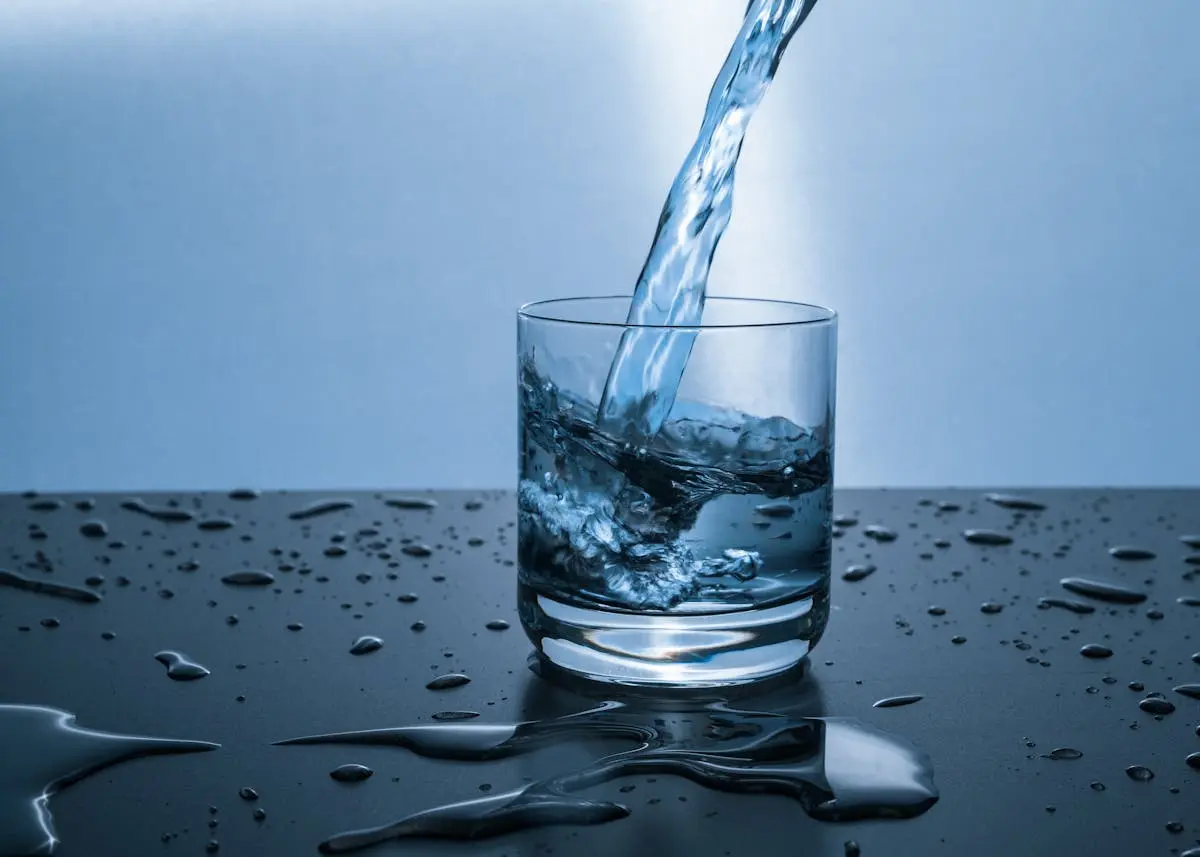
It sustains life, shapes lands, and is important to many human activities. In this article, we’ll research 15 interesting facts about water, find its mysteries, and understand its position in our world.
15 Facts About Water
Water’s Composition
The Molecular Structure of Water
Water is a humble particle with a difficult character. Including two hydrogen atoms and one oxygen atom (H2O), its molecular building gives it exclusive properties. The hydrogen atoms are bonded to the oxygen atom at an angle of about 104.5 degrees, creating a polar molecule with a positive and negative end. This polarity is responsible for water’s unbelievable solvent skills, allowing it to dissolve many materials.
The Unique Properties of Water
Water’s exclusive properties include its high surface tension, heat volume, and density behavior. Unlike most substances, water expands when it freezes, so ice floats. Its high detailed heat capacity means it can absorb a lot of temperature before it gets hot, helping to control Earth’s temperature.
Water in Nature
Distribution of Water on Earth
Approximately 71% of Earth’s surface is covered by water. However, 97% of this is salt water found in oceans. Only 3% of Earth’s water is freshwater, and of that, about two-thirds is locked up in glaciers and ice caps, leaving less than 1% accessible for human use in rivers, lakes, and groundwater.
The Water Cycle
The water cycle is a continuous process by which water moves through the environment. It involves evaporation, where water turns into vapor and rises into the atmosphere; condensation, where it forms clouds; and precipitation, where it falls back to Earth as rain, snow, sleet, or hail. This cycle is crucial for replenishing freshwater supplies.
Water and Life
Water as a Vital Resource
Every living organism hangs on water. Plants want it for photosynthesis, animals need it to drink and uphold bodily functions, and humans use it in numerous ways daily.
The Role of Water in Human Health
Water is important for human health. It helps digestion, carriages nutrients, controls body temperature, and flushes out poisons. Staying hydrated is important for keeping energy levels, cognitive function, and complete health.
Water in the Human Body
Water Content in Different Organs
The human body is about 60% water. Different organs have varying water content: the brain and heart are composed of 73% water, the lungs about 83%, and even bones are around 31% water. This water content is vital for the proper functioning of these organs.
The Importance of Hydration
Hydration is important to health. Dryness can lead to many problems, from minor fatigue and pains to simple issues like kidney stones and heatstroke. Drinking enough water daily is important to keep the body working optimally.
Water and the Environment
Ecosystems Dependent on Water
Many systems depend on water, such as wetlands, rivers, lakes, and oceans. These environments support diverse plants and animals, contributing to biodiversity. Wetlands, for instance, act as natural water filters and flood barriers, while oceans are important for global weather designs.
The Impact of Pollution on Water Sources
Water pollution is an important ecological issue. Pollutants from industrial waste, agricultural runoff, and urban areas can damage water time and make water dangerous for human eating. Protecting water sources from pollution is harmful to supporting healthy ecosystems and human groups.
Water in Everyday Life
Domestic Uses of Water
Water is used in families for drinking, cooking, cleaning, bathing, and gardening. On average, a person uses about 80-100 tons of water per day. Effective use and preservation at home can expressively decrease water wastage.
Industrial Uses of Water
Industries use water in numerous processes, including manufacturing, cooling, and cleaning. Farming is the largest customer of water worldwide, followed by the textile and energy sectors. Efficient manufacturing water use is vital for maintainable development.
Water Conservation
Importance of Saving Water
Saving water helps ensure a sustainable supply for future generations. It decreases the strain on freshwater funds and lowers the energy required for water action and delivery. Water conservation is important in areas facing water lack.
Tips for Water Conservation
There are many habits to preserve water. Gathering rainwater, drip irrigation in gardens, and selecting drought-resistant plants are effective strategies.
Conclusion
Water is an invaluable resource that is fundamental to our lives and the environment. By understanding its properties, distribution, and the importance of conservation, we can better appreciate this essential element and work towards protecting it for future generations.







